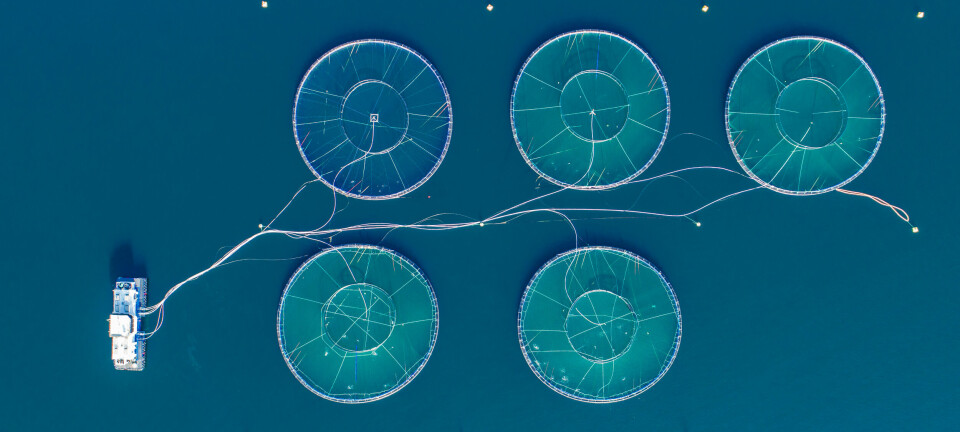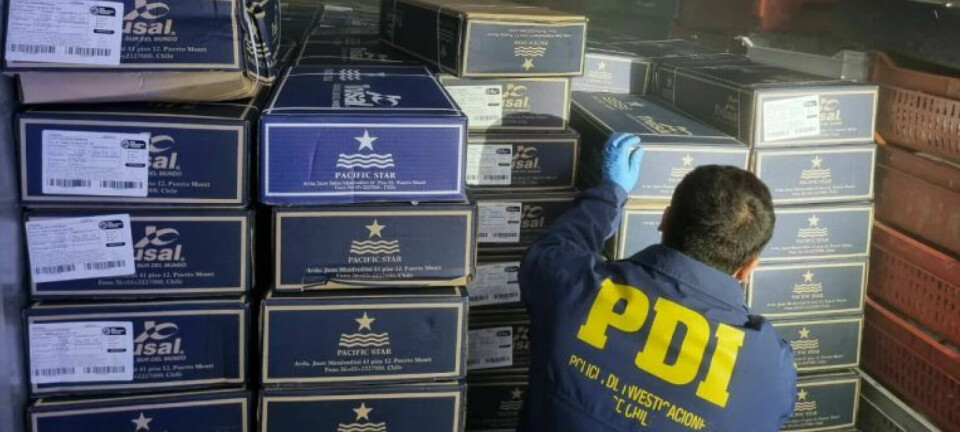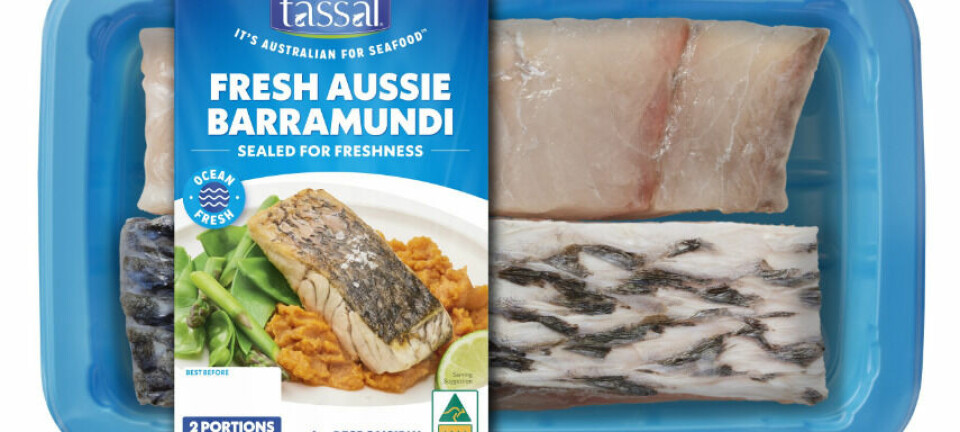
Salmon demand normal by July says Chile executive
Salmones Camanchaca expects demand for Chilean salmon to recover from the Covid-19 slump within the next 60 days, its vice president, Ricardo García, has said.
The executive was speaking in a video conference after the company’s shareholders’ meeting.
“Salmon is a protein highly valued for being nutritious and healthy, and we believe that its demand will recover faster than many other products,” said García.
“Today, we see that thousands of people, in all parts of the world, are trying to find a way to bring salmon to consumers.”

Early recovery
García conceded that demand will be weakened by the closure of restaurants and by higher unemployment due to recession caused by lockdowns, but argued that the product is still as valued as highly as before the pandemic.
“So, we anticipate that the demand for salmon will be among the first to stage a recovery, which will materialise soon, in the next 60 days,” said the executive.
“We have reported that, until last week, we were at a rate of approximately 60% of our productive capacity, and that we will take that to 80% this week, which will continue until July of this year, when 100% of the productive capacity should be reached in terms of the harvests scheduled for this year,” García said in answer to a question from Fish Farming Expert’s Chilean sister site, Salmonexpert.cl.
Price cuts not yet passed on
Camancha general manager Manuel Arriagada said one thing the recovery in demand will depend upon “will be how quickly the retail sector transfers the lower prices of salmon to the end customer in markets such as the United States, given that today they are benefiting from an extra margin buying salmon at a lower price and maintaining the usual price to the end customer”.
The development of digital channels and sales to re-opening restaurants will also recover demand for salmon, said García, who explained that Camanchaca will resume the sale of products without added value. Until now, it has restricted its offer to value-added products during the Covid-19 period.
García said that the Chinese market is slowly reopening for Chilean salmon, with a positive trend that he hopes will be replicated in European markets.
Little oversupply
The executive doesn’t see a great risk of an oversupply affecting the price of salmon once normality returns.
“The inventory levels of frozen products in Chile are relatively normal for a pandemic situation such as the one we are currently experiencing and in Europe, freezing capacity is minimal,” said García.
“In countries like Norway more than 90% of production is sold fresh, that is, it is harvested and sold. And they don’t have inventories of fish in the water.
“In Chile, there is a delay in the harvests, due to Covid-19, and I believe that all this will liquefy easily in the coming months, not significantly affecting salmon prices.”




















































